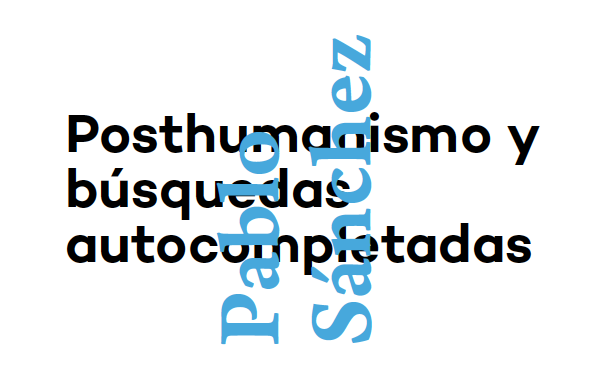Posthumanism and self-completed searches
DOI:
https://doi.org/10.46516/inmaterial.v5.82Keywords:
posthumanism, interface, gender, technology, automationAbstract
This text intends to expose some challenges of Braidotti's posthumanism pointing out its characteristics, drawing some bridges with digital design and, in line with the author's affirmative policy, make a humble proposal for an ethical-political design space compatible with her worldview in the Anthropocene era. In the first part, the aim is to locate Braidotti's thought in relation to the subject as a relational process. In the second part, we talk about how the free software movement can house a large part of the ethical-political artifacts and devices around which to build a society with the capacity to create an ecodependent and interdependent, conscious and localized relational subjectivity. Also, an analysis is carried out about the impact of gender in design processes linked to digital social mechanisms, and the developments linked to the automation of work as a threat to the social order led by artificial intelligence. Likewise, this section presents the crisis of diversity that makes up the sector and how the fact of replacing bodies with non-corporeal identities helps to perpetuate the masculine gender as the only voice, relying on the illusion of neutrality.
Downloads

Published
How to Cite
Issue
Section
License
Copyright (c) 2020 Pablo Sánchez

This work is licensed under a Creative Commons Attribution-ShareAlike 4.0 International License.






